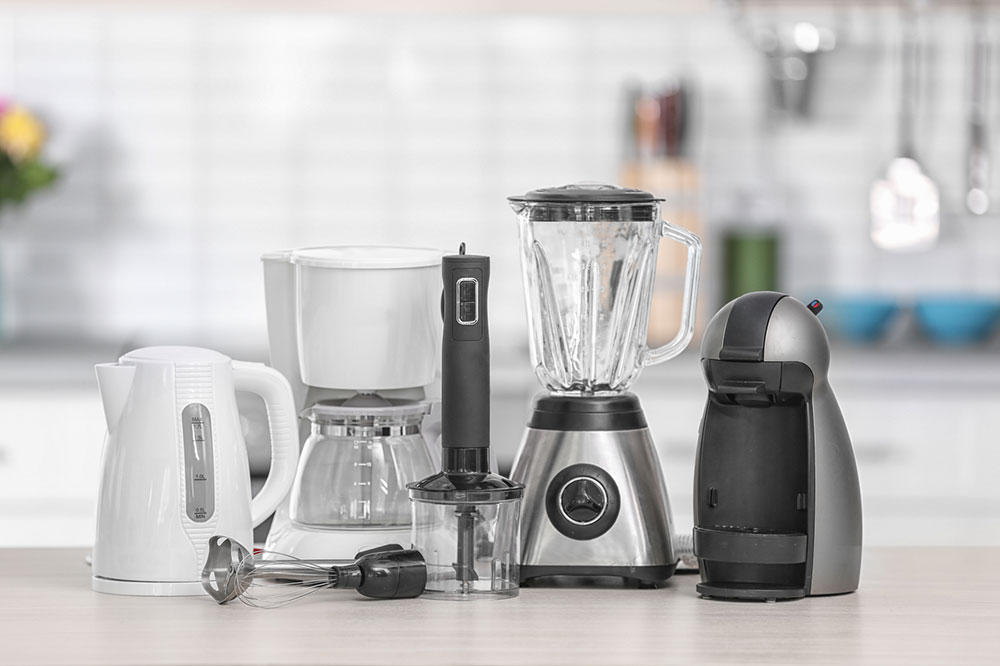
Things to Consider Before Buying a Kitchen Appliance
Buying kitchen appliances requires an eye for detail and a thorough understanding of what you really need. Fancy advertisements may persuade you to buy a product, but it could lie unused or have features that you don’t need. Purchasing kitchen appliances is an important decision, but it can also be overwhelming at times. Listed below are some tips to help you shop for kitchen tools:
1. Fix a budget
The choices are plenty and ever-evolving when it comes to kitchen appliances. You can find quality appliances in every price range. Setting a budget will narrow down your options and stop you from spending more than what you can afford. Here are the two key things to consider before fixing your budget:
- Usage
Consider the duration of the appliance’s use and its application in daily chores. The more you use the appliance, the greater the budget that it deserves. - Necessity
Ask yourself if the appliance is the need of the hour or just an impulse buy. It is easy to be tempted to buy something when you see big sales, new features, etc., but that would mean buying something that you don’t really need and regretting the decision later.
2. Find reliable brands
Always do your homework to find the most reliable appliance brand(s) in the market. Consumer ratings are one of the top criteria for shortlisting brands. Another smart tip is to get recommendations from friends and family.
3. Compare policies
A reasonable buying tactic is always to compare products and services of different retailers and brands. The aspects that you should look into are:
- Price
Cost is the foremost determinant in the buying process. Look at the prices of the same appliance across stores and websites, and go with the one that offers the best price. You can find many websites and tools that can help you compare prices and features. - Service and warranty
Kitchen appliances are a long-term investment. Breakdowns and wear-and-tear are expected, and you may need to get them serviced in the future. Compare the after-sale services of different brands before you buy. Most appliances come with a built-in warranty of one or two years. Verify the services and costs covered in the warranty. Find out if the brand provides an extended warranty or insurance once the warranty period is over. Also, some brands may provide free servicing, but their warranties may not cover replacement costs. Hence, it is crucial to go for a product that offers a warranty coverage that is as good as its service. - Energy efficiency
Energy consumption is an essential factor to consider before buying appliances. Choose appliances and brands that give you the most energy-efficient outputs. It is because energy-efficient products will be cost-effective in the long run. Check if they follow the latest mandatory green requirements stipulated by the federal government. - Resale value
Check for brands that have an exchange policy on their appliances. It is an efficient cost-cutting method. If they don’t, then find ways to recycle or resell it.
4. Plan your purchase
Plan your purchase well in advance and do not wait till your old appliance stops working. Buying an appliance hurriedly is likely to make you miss out on competitive prices, offers, and deals.
5. Buy one that suits your lifestyle
Choose the appliance according to your lifestyle. Invest more in a stove and oven if you cook often. If you do not cook too much, then you might want to invest in a refrigerator to store food. Secondly, measure the space available in your kitchen and select your appliance accordingly.
6. Consider unexpected costs
Do not forget to factor in potential hidden costs. These may include servicing, energy consumption, and more. Being long-term, kitchen appliances may also need occasional repairs.


